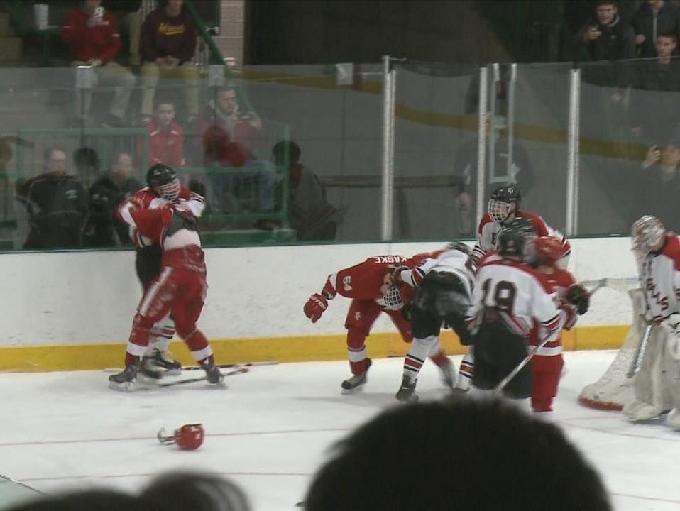

Fighting’s glorification at highest levels inspires others to follow suit


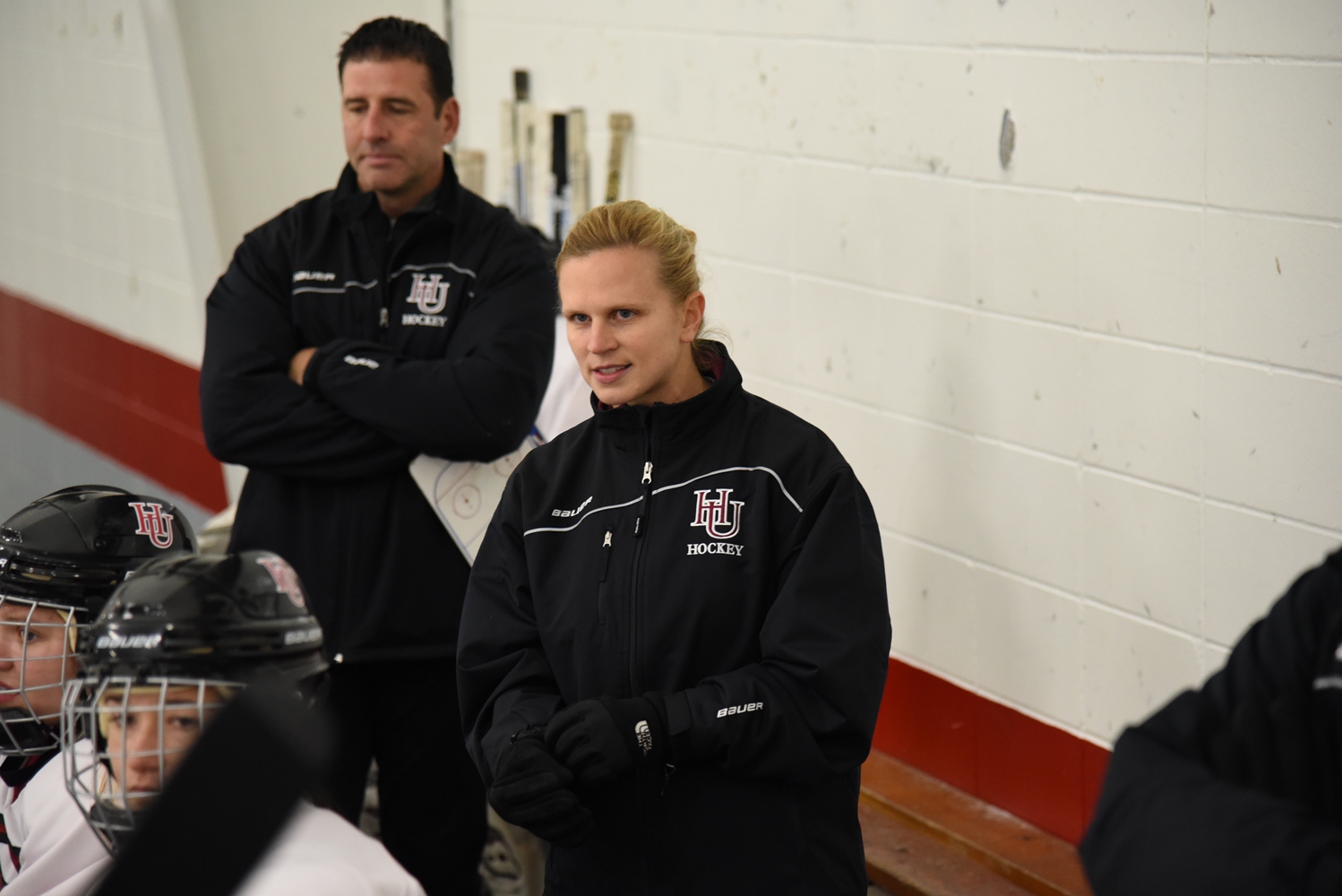

Darwtiz finds balance with hockey and family
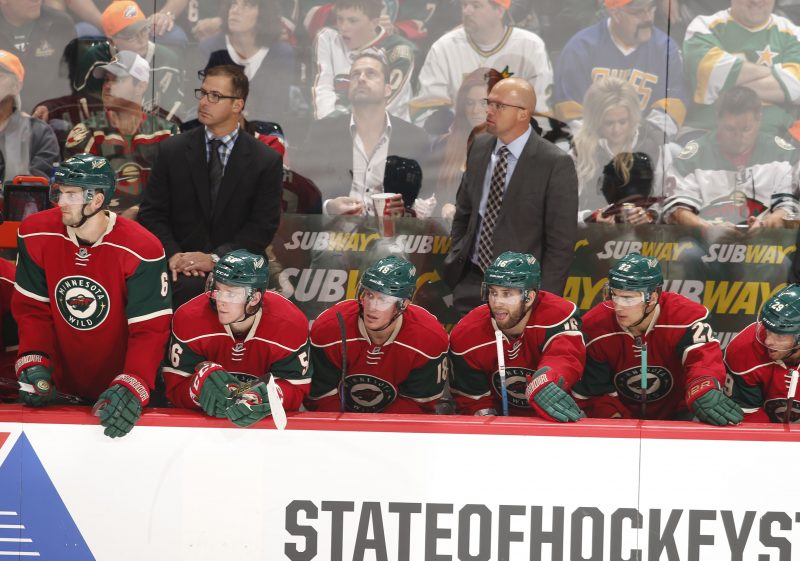

Wild assistant Sydor refuses to let “rock bottom” moment define him
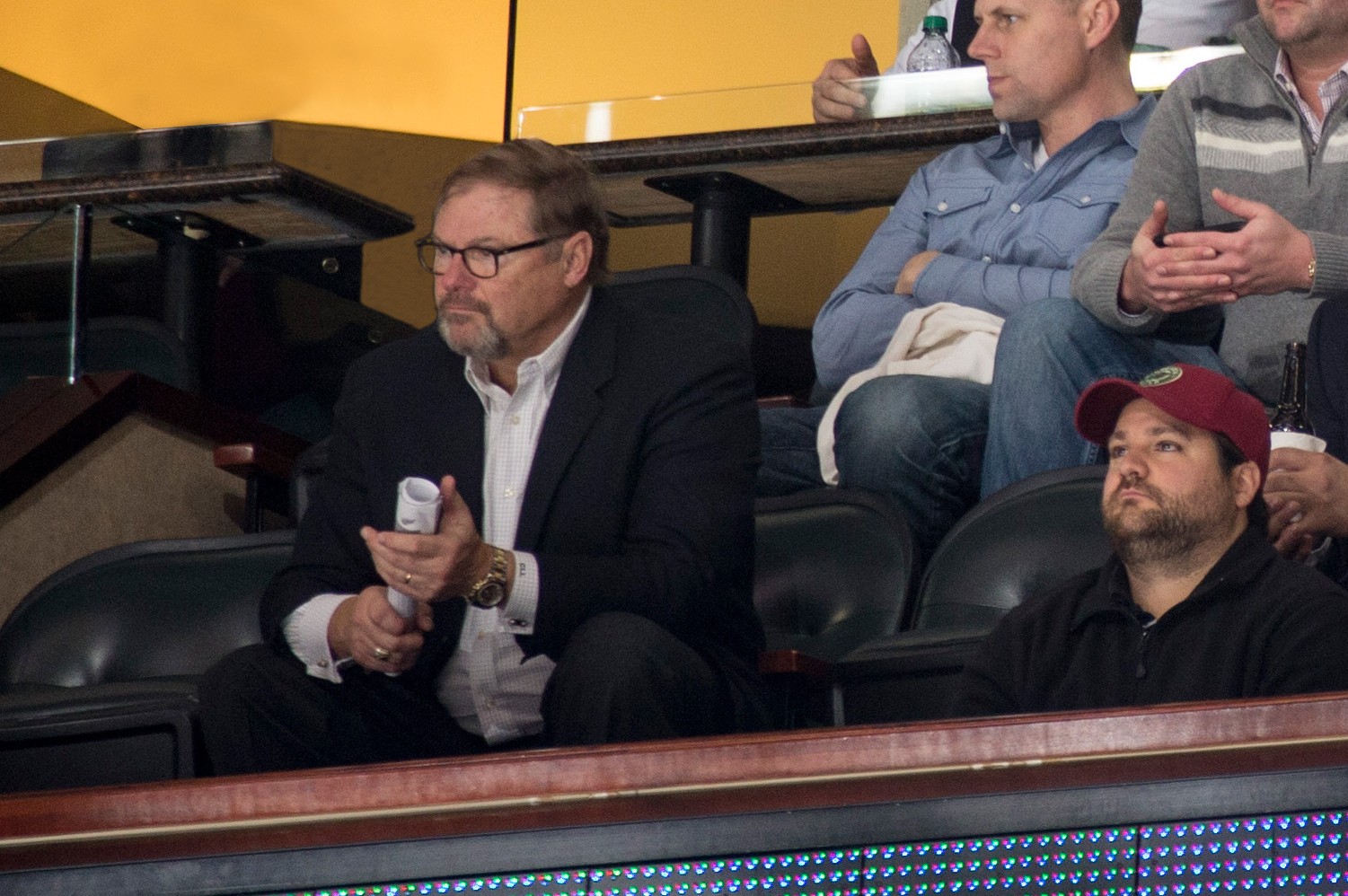

Craig Leipold's stake in the Wild extends far beyond the bottom line
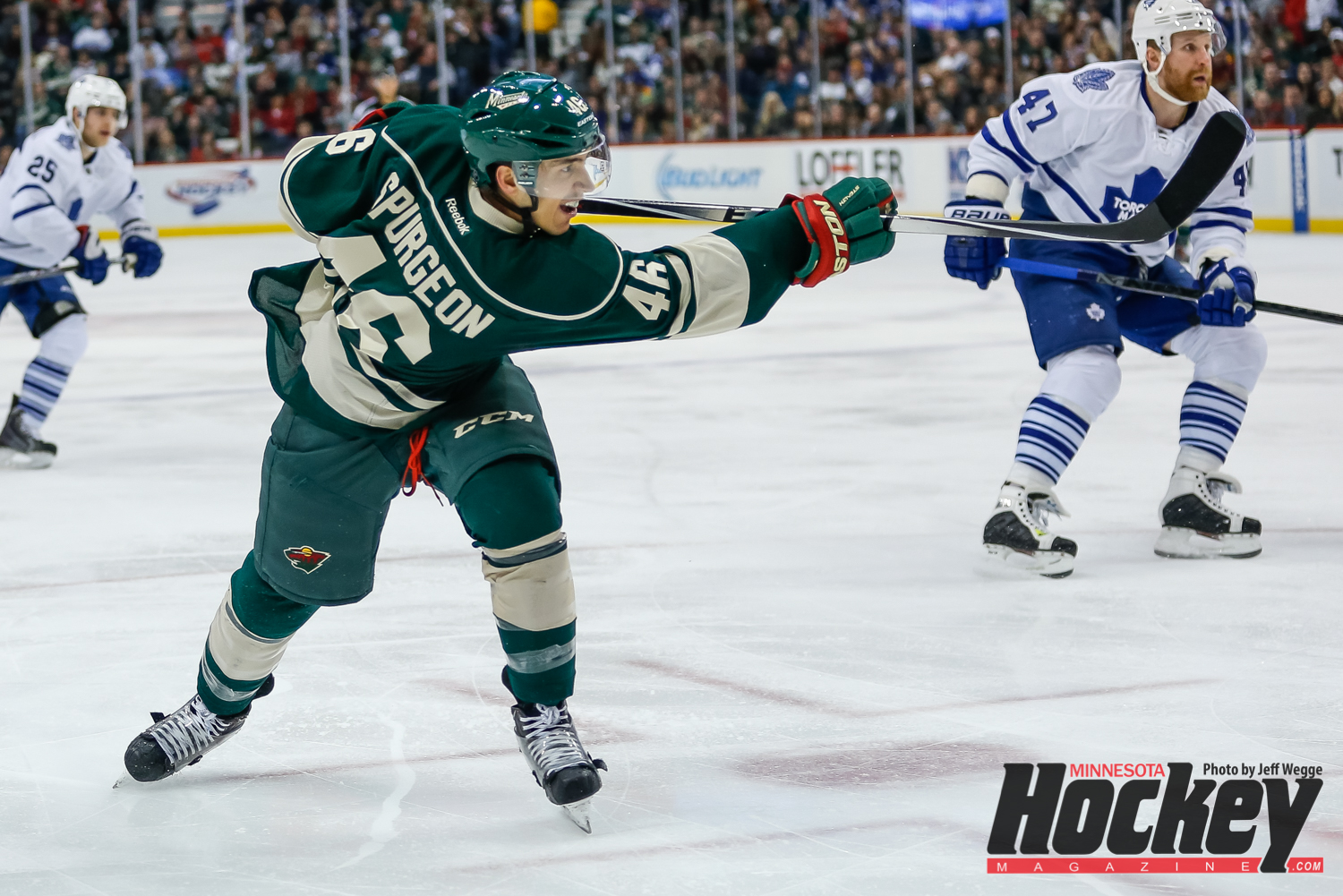

Vets can't be counted on to keep Wild's window open